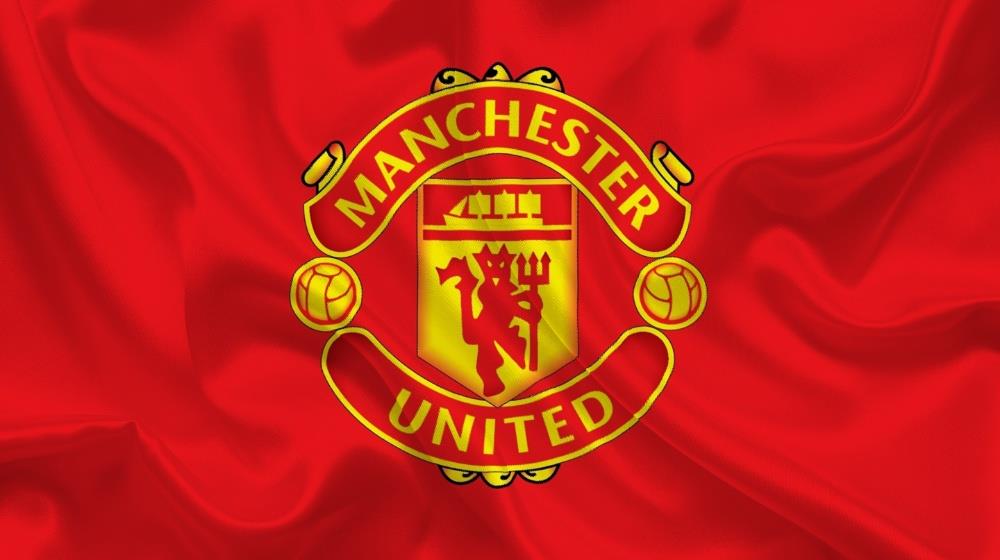Last Sunday, Manchester United played Liverpool at Anfield—a match where the result seemed a foregone conclusion. Liverpool was expected to win comfortably; the only question was by how many goals. Would it be four, seven, or perhaps even more? Liverpool’s dominance in the Premier League and Champions League allowed their fans to dream big, while Manchester United’s poor form had its supporters bracing for disaster. Liverpool led the league table, while Manchester United languished in 14th place. Liverpool had won its last three matches, while United had lost its previous three.
The snowy conditions added to the tension, with 10cm of snow cleared from the pitch before two assessments confirmed the game would proceed.
Liverpool’s new coach, Arne Slot, had built on Jurgen Klopp’s legacy, making the team more consistent, fluid, and robust. In contrast, Manchester United’s coach, Rúben Amorim, faced heavy criticism for switching to his signature 3-4-3 formation. Pundits argued he lacked the players for such a system and that it was unsuited to the rigours of the Premier League.
As the players stepped onto the pitch, Liverpool fans filled Anfield with the stirring anthem, You’ll Never Walk Alone. For United supporters, the nightmare seemed about to unfold.
From the first whistle, Manchester United showed passion and determination. But such glimpses of promise had appeared before, only to fade into disappointment. By halftime, the game remained goalless. United had managed to contain Liverpool while showing occasional attacking intent.
Seven minutes into the second half, United’s centre-back Lisandro Martínez scored his first Premier League goal—at Anfield, no less. The crowd was stunned. Yet United fans knew better than to celebrate too early; plenty of time remained.
Seven minutes later, Liverpool equalised through Gakpo, and the Anfield crowd sensed a shift. When Salah converted a penalty in the 70th minute to make it 2-1, the momentum seemed entirely with Liverpool. Surely, United would crumble under the pressure, and Liverpool would score at least two more goals in the remaining 20 minutes.
But against all expectations, Manchester United held firm. They defended as a unit, maintained focus, and even pressed forward. Their belief remained intact. In the 80th minute, their resilience paid off when Amad Diallo equalised, securing a dramatic 2-2 draw.
The scoreline was surprising, but the bigger question was how United managed such a performance against the best team in the league—and why they couldn’t play this way consistently. The answer came from their coach, Amorim, who said, "It’s not the system or the extra training; it’s the players’ mental state—their belief."
The Connection to the Workplace
Why is this lesson important for businesses and managers? As we return to work after the holidays, understanding and addressing the mental state of our teams is crucial. Time off allows employees to reconnect with family and friends, providing much-needed rejuvenation. However, post-holiday blues are common and can dampen motivation and productivity.
Managers can take a page from Amorim’s playbook by fostering a positive mental state in their teams. Here are some suggestions to ease the transition back to work:
- Ease the Transition: Start with lighter workloads in the first few days to help employees adjust.
- Encourage Connection: Create opportunities for employees to share holiday experiences, fostering camaraderie.
- Motivate with Goals: Set clear, achievable objectives to re-engage the team.
- Show Appreciation: Recognise work done before the holidays and welcome everyone back warmly.
- Stay Compassionate: Pay attention to individual mental states and offer support as needed.
Mental state matters—whether on the football pitch or in the workplace. Changes in routine, like returning from holidays, can impact morale and productivity. By staying attuned to the needs of their teams, managers can cultivate an aligned, motivated, and successful workforce.
Here’s wishing you a happy and prosperous new year—with a united, inspired team ready to achieve great things!
Joseph Merhi, Managing Director, AGC Contractors









